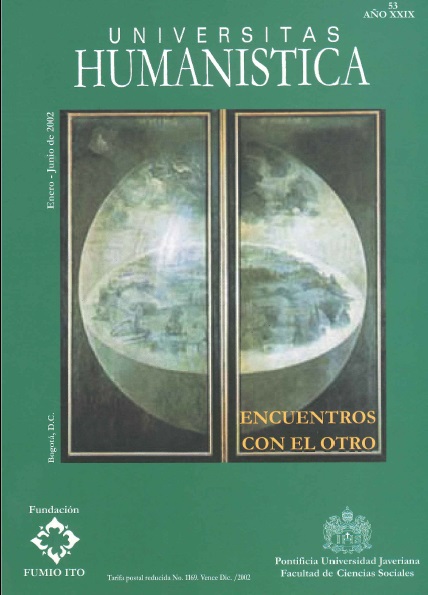Abstract
El artículo explora la filmografía de Andy Warhoi y Pedro Almodóvar, a partir de las tesis de G. Deleuze y F. Guattari sobre la literatura menor, así como los trabajos recientes en teoría queer y performatividad. Se sostiene que estos autores desarrollan un cine menor y queer, no sólo por su interés en escenificar lo queer, sino por las formas como intervienen los regímenes discursivos del cine y la sexualidad. Andy Warhol pone en escena formas menores de apropiación del cine mayor mediante el uso del camp y la repetición del sistema de estrellas de Hollywood. Almodóvar, por su parte, a la manera de las drag queens, personifica el gran cine. Es decir, su trabajo es un cine que hace drag de los filmes, formas narrativas y personajes del gran cine o del cine mayor. El artículo concluye que además de ubicar estas filmografías en la operación deconstructiva de la performatividad, busca considerarlos como formas de construcción de una subjetividad queer: aquella que se ubica en los intersticios y los márgenes de las narraciones culturales hegemónicas para explorar nuevos circuitos del deseo, nuevos territorios corporales, nuevas instancias críticas a la normalización sexual y cultural. Son intervenciones minoritarias y marginales que funcionan de manera suplementaria a las narrativas de la Nación, la Historia, la Comunidad, la Familia: son el sucio
This journal provides immediate open access to its content on the principle that making research freely available to the public, encourages greater global exchange of knowledge.
The journal Universitas Humanística is registered under a Creative Commons Attribution 4.0 International Public License. Thus, this work may be reproduced, distributed, and publicly shared in digital format, as long as the names of the authors and Pontificia Universidad Javeriana are acknowledged. Others are allowed to quote, adapt, transform, auto-archive, republish, and create based on this material, for any purpose (even commercial ones), provided the authorship is duly acknowledged, a link to the original work is provided, and it is specified if changes have been made. Pontificia Universidad Javeriana does not hold the rights of published works and the authors are solely responsible for the contents of their works; they keep the moral, intellectual, privacy, and publicity rights.
Approving the intervention of the work (review, copy-editing, translation, layout) and the following outreach, are granted through an use license and not through an assignment of rights. This means the journal and Pontificia Universidad Javeriana cannot be held responsible for any ethical malpractice by the authors. As a consequence of the protection granted by the use license, the journal is not required to publish recantations or modify information already published, unless the errata stems from the editorial management process. Publishing contents in this journal does not generate royalties for contributors.


